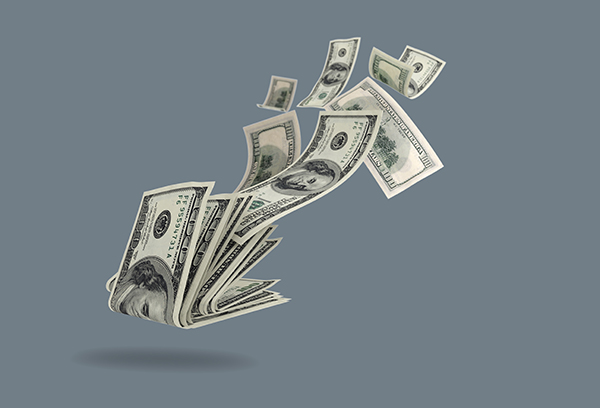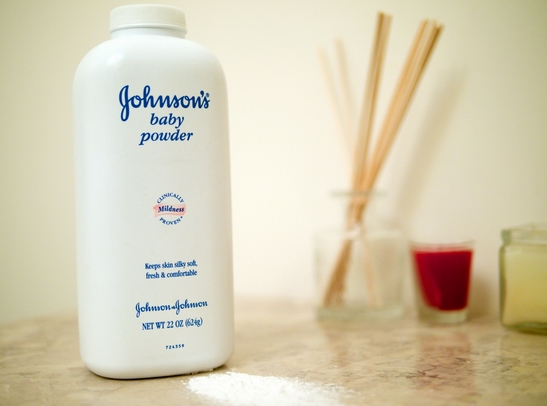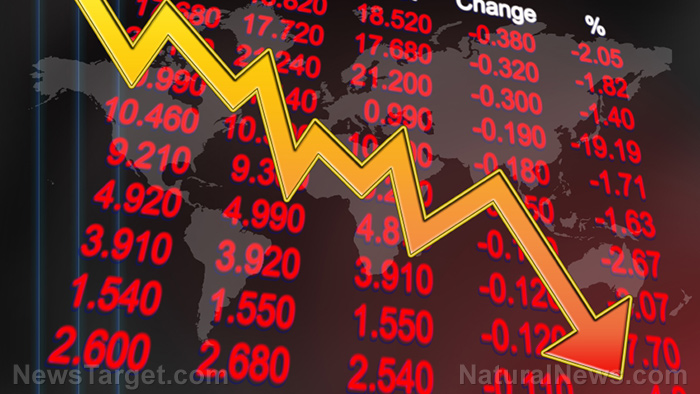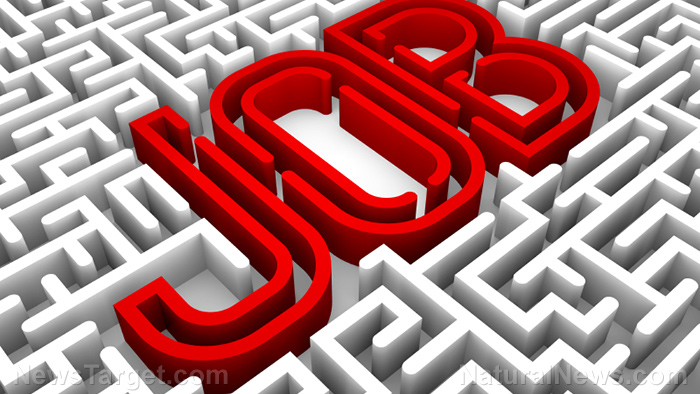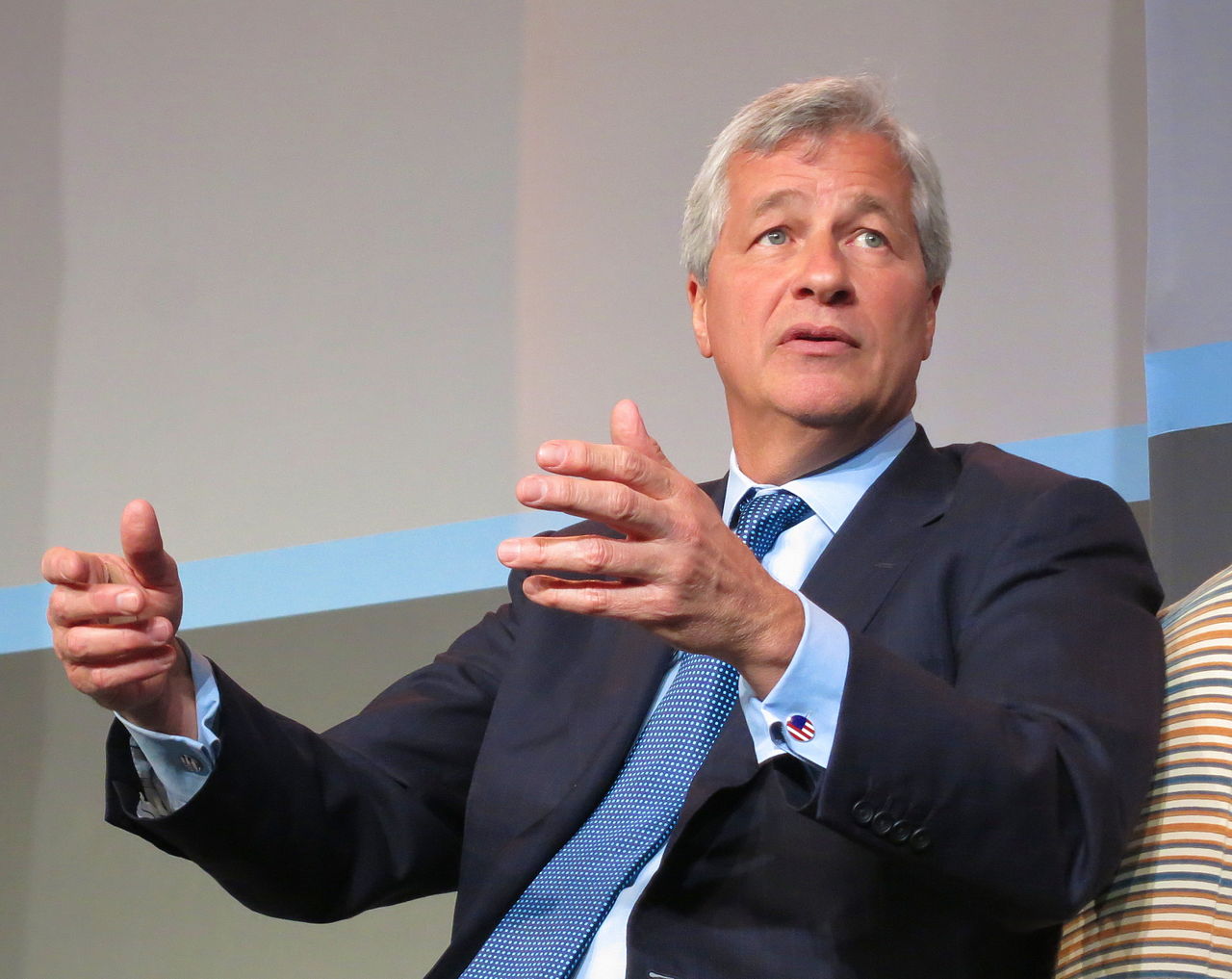Operation break stuff
10/24/2022 / By News Editors

Stagflation, sinking labor productivity, severe levels of public and private debt, a splintered real estate market… You name it. The economy’s crashing and burning like an old Cutlass Supreme.
(Article by MN Gordon republished from EconomicPrism.com)
There’s nothing the central planners can do to fix it. No plans or schemes will get the tired jalopy to fire on all cylinders. A blown head gasket is replaced and the very next day the spark plugs are fried. Replace those and a piston ring blows.
At some point, it’s beyond salvage. The only sensible choice left is to scrap the old buggy at the junk yard.
Similarly, scrapping the central planners that are responsible for this economic mess is the right thing to do. They’ve created a very disagreeable situation. One that will take several generations – or more – to reconcile.
In this vein, the time has come to purge the rot. To reckon the mistakes of the past. To burn off the many distortions that have piled up like dead forest wood. We’ll have more on this in just a moment. But first some context is in order.
The past 40 years have been an era of heavy handed central economic planning by way of interventionist monetary policies. The past 14 years, ever since Ben Shalom Bernanke let the QE genie out of the bottle, has taken this intervention to the extreme.
From the death of Lehman, and through the Great Recession, repo madness, and the coronavirus panic, the Federal Reserve’s created upwards of $8 trillion in credit out of thin air. The economy and financial markets have come to depend on it.
Yet now the Fed is handcuffed by raging consumer price inflation. Deliverance by printing press money must wait.
At the same time, financial markets are in the midst of an ugly, long-duration collapse. The Dow Jones Industrial Average (DJIA), for example, peaked out on January 4 at closing high of 36,675. Now, as of Thursday’s market close, it’s at 30,333. Down over 17 percent.
By our estimation, the stock market still has much, much further to fall – and over an extended duration. Perhaps by Q1 2024 the bottom will be in. At the moment, there’s more pain to come.
Half Measures Avail Nothing
The DJIA’s decline, as you can observe by looking at a simple price chart, is not a graceful swan dive down into the abyss. Rather, it’s more akin to a rubber ball bouncing down the stairs. Try shorting it, and a bear market squeeze will crush your capital.
And speaking of capital being crushed. The real smashing and gnashing is not happening in the stock market. It’s happening in the bond market. The yield on the 10-Year Treasury note is 4.24 percent – a 15 year high. When the year started it was just 1.76 percent.
Do you think it’s possible for borrowing costs to rise by this scale and magnitude over such a short duration without crashing the economy and financial markets?
To be clear, crashing the economy and financial markets – i.e., breaking stuff – is the point of the Federal Reserve’s rate hikes.
Half measures avail nothing. The Fed must go all the way.
For example, consumer price inflation, as measured by the consumer price index (CPI), is rising at an annualized rate of 8.2 percent. The federal funds rate is somewhere between 3.00 and 3.25 percent. Aborting rate hikes now would allow inflation to run riot.
No doubt, Fed Chair Powell diddled around in 2021 as inflation was manifesting within the economy as a result of the massive coronavirus panic printing press operation. The Fed, in concert with the Treasury, and at the will of Congress, created this mess.
But, at least for now, the Powell led Fed is fully committed to fighting inflation…
Read more at: EconomicPrism.com
Submit a correction >>
Tagged Under:
big government, Bubble, Collapse, debt bomb, debt collapse, economic collapse, economy, Federal Reserve, finance, Inflation, market crash, money supply, recession, risk
This article may contain statements that reflect the opinion of the author
RECENT NEWS & ARTICLES
COPYRIGHT © 2017 RISK NEWS


